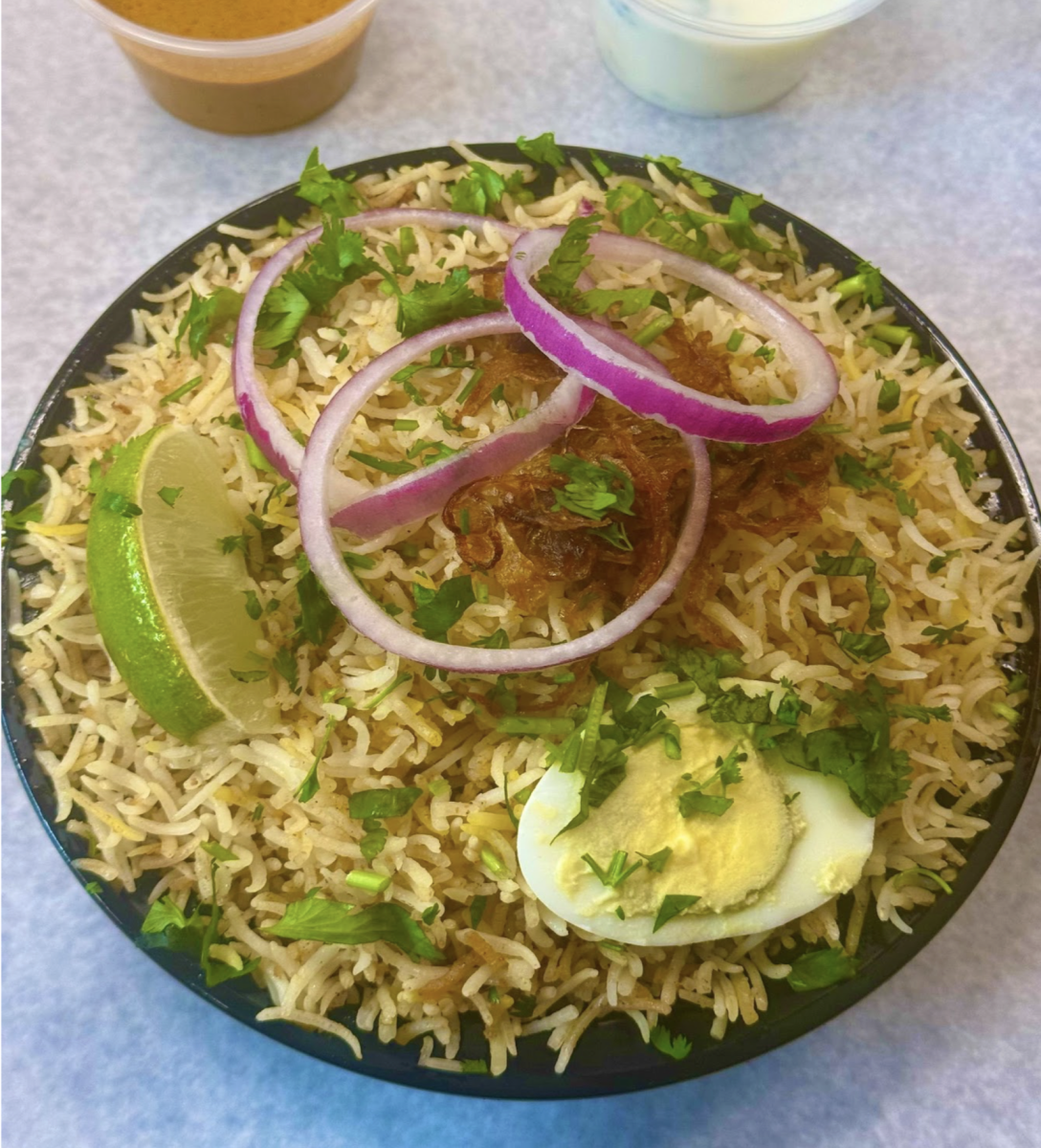Rowan University brags often about its walkable campus, high rankings, shiny amenities, and growing ecosystem, and among these attributes used in marketing campaigns are its small and intimate class sizes.
The university entices prospective students with the possibility of a small, close-knit community, as it proudly averages 21 students per class on its admissions website. With this small number, many students would anticipate forming some type of relationship with the peers they share a major, or at the very least an assignment with. More commonly, however, a large population of college students go to their classes and lectures, complete their assignments, and leave without speaking to a large majority of the other students in their class.
While it might seem more efficient to get in and out of the classroom quickly, moving on to the next place, or the next lecture punctually, not making new connections with peers is actually damaging to student success.
Rowan has 16,199 undergraduate students across 104 bachelor’s degree programs. This number at first glance may seem intimidating or excessively large, however, it isn’t uncommon for the same people to end up in multiple classes together throughout their collegiate careers. Having a small class size average is actually quite impressive considering the number of students who attend Rowan.
It was reported in Forbes magazine that “plenty of college graduates are happily employed in careers that require a college degree but not necessarily the one they have.” While right now, it might seem like networking is reserved for industry professionals who work in careers that you are studying to work in, it isn’t uncommon that 10, 20, or 30 years from now students could find themselves looking for employment in a field that they didn’t even know existed when they threw their caps in the air at commencement.
The Whit Staff believes that Rowan students should make an active and conscious effort to form new connections with other students, not just for the purpose of making new friends and emotional bonds but for the opportunity they have to build a professional network.
According to CNBC, 70-80% of jobs are obtained through networking connections. Rowan students are in one of the best situations to form these connections, and it’s not by requesting people on LinkedIn. It’s by talking to one another and making connections with their peers in classrooms, in dining halls, in club meetings, and even in local bars and restaurants.
As we enter our professional lives, not only is the information and degree we obtain from Rowan going to matter, but the connections or lack thereof will play a major part in job hunting and occupational success. It’s also a lot easier to form these connections than one might think.
This could be in the form of joining clubs and attending school events or off-campus parties. But, it can also be something as simple as asking the person next to you in your lecture what they’re studying and what they did this weekend. These everyday interactions could open up a door to regular conversation, which leads to study sessions, and even a friendship. At the very least it’s a familiar face in a big world, which we are all going to be entering when our four years are up.
For comments/questions about this story DM us on Instagram @thewhitatrowan or email [email protected]























































































































































!["Working with [Dr. Lynch] is always a learning experience for me. She is a treasure,” said Thomas. - Staff Writer / Kacie Scibilia](https://thewhitonline.com/wp-content/uploads/2025/04/choir-1-1200x694.jpg)










































